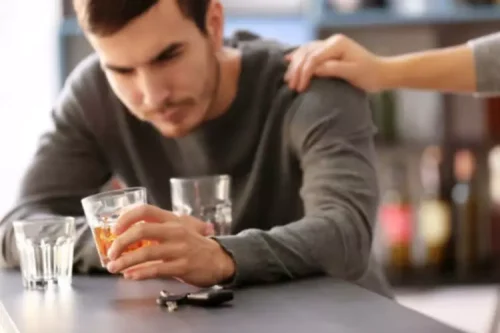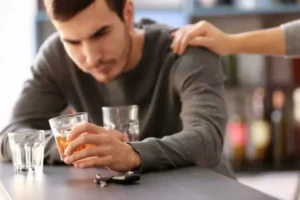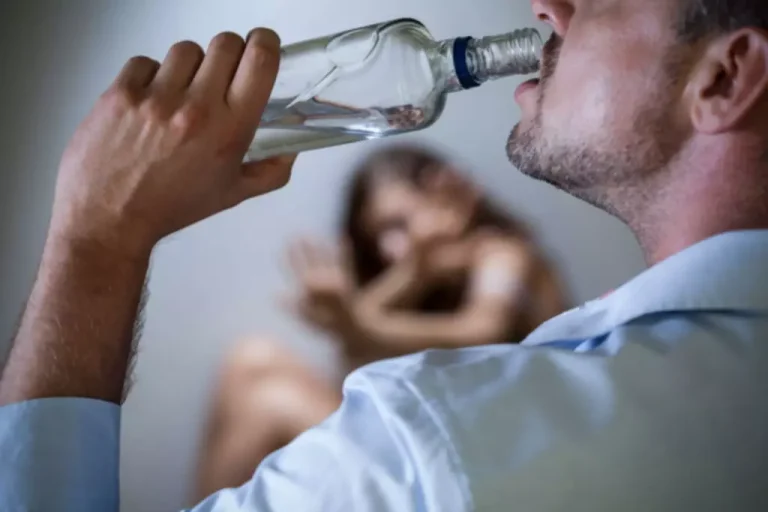
However, for most people, sweating after drinking coffee is a normal and harmless response that does not pose any significant long-term health risks. If you experience excessive or persistent sweating after consuming caffeine, it’s essential to consult with a healthcare professional to rule out any underlying health issues. In most cases, though, sweating after drinking coffee is a harmless and temporary response to the stimulatory effects of caffeine.
Reasons of Sweating after Drinking Alcohol
It’s a seemingly common phenomenon, but I’ve always wondered about its cause. Today, I want to dive deeper into this topic and unveil the truth behind what causes sweating after drinking coffee. The other group that may get this skin flushing reaction are people who have an alcohol-related hypertensive disorder. There is no direct health threat from either of these sweating episodes, but the sweat and flushness can be uncomfortable. The best way to reduce both of these skin reactions is to reduce or eliminate alcohol consumption entirely. Their reaction is often best described as a “flush,” characterized by redness, sweating, and hot or burning sensations on the face and other body parts.

ou Can Literally Feel Your Heart Pounding In Your Chest

When blood sugar drops, it can lead to shaking along with other hangover symptoms like sweating and headaches. If you or someone you know is experiencing symptoms of alcohol dependency, it is advisable to seek medical assistance. Consulting with a healthcare professional or addiction specialist can provide guidance, support, and appropriate treatment options. Moreover, alcohol intolerance, a genetic disorder where the body lacks the necessary enzyme activity to break down alcohol, can lead to night sweats as a symptom. Facial flushing and excessive sweating are common symptoms of alcohol intolerance. Allergy tests can help determine if alcohol is the cause of these reactions.
Tips to Mitigate Cold Sweats
DTs typically begin 24 to 48 hours after your last drink, but symptoms can worsen quickly, so it’s important to take action as soon as you notice any severe withdrawal symptoms. Night sweats and alcohol’s diuretic nature lead to the body losing a lot of fluids, putting anyone drinking excessively at a greater risk of dehydration. Drinking plenty of water can help your body regulate its temperature and reduce sweating. Aim to drink at least eight glasses of water per day, and avoid sugary or caffeinated beverages that can exacerbate dehydration.
These shakes typically occur as quickly as 8 hours after the last drink, as cold sweat after drinking the brain is flooded with more activity when alcohol leaves the body of a heavy drinker 2. Heavy drinking can lead to the brain becoming accustomed to a reduced level of stimulation. As alcohol leaves the body, the nervous system may become hyperactive, resulting in alcohol tremors or shakes 2. I didn’t realize that alcohol withdrawal can cause anxiety because of its effect on the central nervous system. Alcohol acts as a sedative, so when you take it away, the body goes into a heightened state of alertness. This overactive nervous system creates feelings of nervousness and anxiety as your body tries to cope with the absence of alcohol.
Heavy drinkers also have much more intense symptoms than their light-drinking counterparts. Alcohol withdrawal can cause excessive sweating because the body’s autonomic nervous system becomes dysregulated. Withdrawal from alcohol can also cause a fever, which can contribute to perspiration. With over 14 million adults in the U.S. struggling with Alcohol Use Disorder as of 2021, you’re not alone in this battle. Alcohol detox and rehabilitation programs offer proven paths to recovery, providing the support and resources needed to overcome addiction and reclaim your life. Because alcohol intolerance is a genetic condition, there’s currently no cure for it.
Reduce the Brew time
Water temperature of 16°C, as in cool tap water, is the most optimum point for acquiring hydration in dehydrated athletes or other subjects. In most people, the body breaks down acetaldehyde before it causes problems. But it can cause inflammation in organs, leading to uncomfortable symptoms. In one study, researchers found that about 75% of people who drank excessively the night before reported hangover symptoms. The researchers concluded that 25% to 30% of people who drink may be resistant to hangovers. It can be tempting to try quick hangover remedies, like a shower, coffee or greasy breakfast.

Liza is dedicated to fostering resilience and empowerment in the communities she serves. Cynthia has over twenty years of experience in healthcare sales and outreach. She works to build strong relationships with healthcare providers who trust Alina to give their patients the best chance at a successful recovery. She has developed a what is Oxford House network of colleagues across the nation who trust her to do what is best for incoming guests and their families.

Will I sweat less if I drink more water?

These include hot flash prevention programs, which focus on raising the levels of estrogen in the body to reduce the intensity of hot flashes after quitting. Alcohol consumption has also been linked to depression, paranoia, and sleep disorders; AWS provides resources for managing these mental health conditions as well. Other treatments include medications, iontophoresis (a machine used to reduce sweat output), surgery, or a combination of these therapies. In postmenopausal women who experience hot flashes and night sweats due to reduced estrogen levels, hormone replacement therapy may also be effective in reducing excessive sweating.
- During these treatments, medical professionals review and edit materials published by The Recovery Village in order to make sure they accurately reflect the needs of each patient.
- She has a background working in the recovery field and, before this, was a broadcast journalist and television hurricane storm chaser.
Excessive Sweat
- She holds a Master’s degree in Social Work from Rutgers University, followed by becoming a licensed social worker in New Jersey.
- If you feel overwhelmed or anxious and think that you might need help, please contact me at your earliest convenience.
- If you have symptoms of hypoglycemia but aren’t diagnosed with a condition that can cause it, make an appointment with your healthcare provider.
- The increased blood flow to the skin significantly enhances heat loss from the body, leading to a decrease in core body temperature.
- This response leads to various physiological changes, including increased sweating.
Mindful drinking offers that middle ground where you’ll proactively improve your drinking habits without any pressure to quit. It centers on being more conscious and thoughtful of how much, how often, and why you drink. As a result, you’ll enjoy better sleep, improved mood and energy, and fewer wellness issues. In short, alcohol may increase your risk of experiencing gastritis and digestive symptoms.
